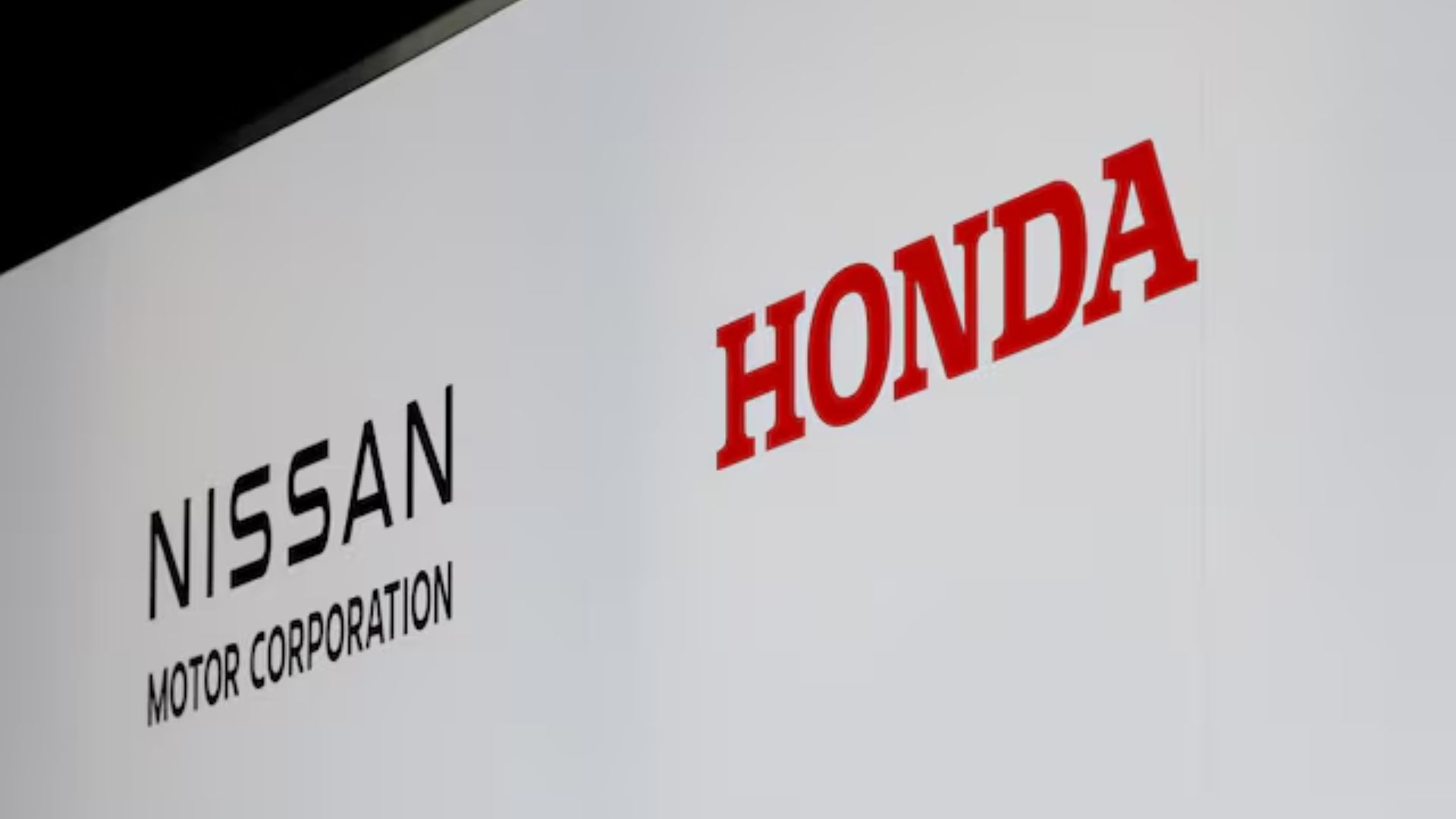TOKYO/SEOUL, (Reuters) – Shares of Japanese automakers and South Korean battery makers declined on Tuesday, after U.S. President Donald Trump said he could impose tariffs on Canada and Mexico soon and revoked the previous administration’s executive order on electric vehicles.
But Chinese manufacturers bucked the trend, with stocks opening higher after Trump did not target China in his inauguration speech or immediately impose tariffs on Beijing as previously promised.
The volatility in Asian shares within hours of Trump’s inauguration highlights how policy shifts under Trump could squeeze big manufacturers in some of Washington’s closest allies in the region, Japan and South Korea. Car makers in both countries – and their suppliers – already face disruption from the move to electric vehicles and intense competition from fast-rising Chinese rivals.
Trump said that he was thinking of imposing 25% tariffs on Canada and Mexico and that the action could come on Feb. 1. The threat of potential tariffs on the two countries has loomed over Asia manufacturers. Mexico in particular has long been a low-cost manufacturing hub for automakers, including Asian heavyweights.
“President Trump will remain unwavering in his intention to continue to implement across-the-board additional tariffs as both a way to resolve issues with other countries and as a means of reducing the U.S. trade deficit,” Takahide Kiuchi, executive economist at Nomura Research Institute, said in a note to clients.
Shares of Nissan Motor Japan’s third-largest automaker, erased much of the morning’s gains and were flat at 423.9 yen, having risen as high as 437.8 yen in the morning session. Nissan has two plants in Mexico, where it makes the Sentra, Versa and Kicks models for the U.S. market. It exports about 300,000 vehicles to the U.S. a year, Chief Executive Makoto Uchida said in November.
‘GREAT CONCERN’
Honda Motor sends 80% of its Mexican output to the U.S. market, and its chief operating officer Shinji Aoyama warned in November it would have to think about shifting production if the United States were to impose permanent tariffs on imported vehicles.
Shares of Honda also reversed early gains and were flat at 1,483 yen. They had risen as high as 1,526 yen at the open of trade.
The Trump administration’s economic policies are of great concern to the Japanese economy and Japanese companies. A slowdown in the U.S. and global economies due to additional tariffs and other measures will worsen the Japanese export environment,” Kiuchi said in his note, comments that could likely be applied to other countries in the region.
Shares of South Korea’s Hyundai Motor were little changed. The automaker also has operations in Mexico.
In a statement, it said its production there was part of its long-term, global strategy, adding it was committed to adapting operations to international environment.
Shares of South Korean battery makers dropped, with LG Energy Solution falling some 5%, while Samsung SDI and SK Innovation lost more than 4% each.
Trump revoked a 2021 executive order signed by his predecessor, Joe Biden, that sought to ensure half of all new vehicles sold in the United States by 2030 were electric.
Japanese finance minister Katsunobu Kato said his country would respond “appropriately” after examining the new president’s policies.
Reporting by Hyun Joo Jin, Daniel Leussink, Jihoon Lee and Brendah Goh; Writing by David Dolan; Editing by Gerry Doyle











